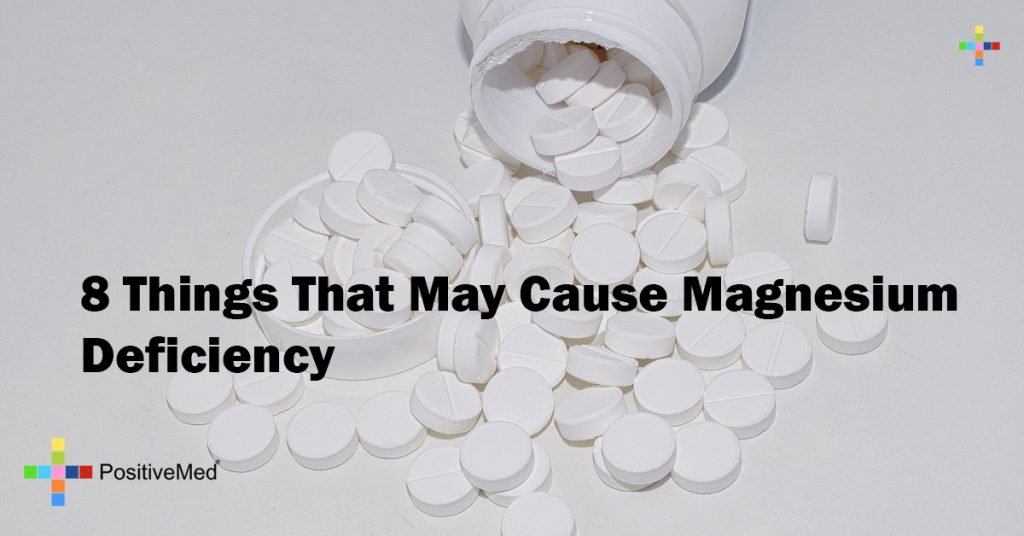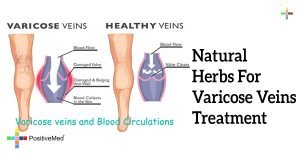
Magnesium is involved with over 300 metabolic processes in our bodies, leading to the mineral being called the master mineral. Symptoms of poor magnesium intake can include muscle cramps, facial tics, poor sleep, and chronic pain. It pays to ensure that you get adequate magnesium before signs of deficiency occur.
Find out what you can do to ensure magnesium balance and good health:
1. Do you drink carbonated beverages on a regular basis?
Phosphates are a substance present in almost all dark colored sodas, they bind with magnesium inside the digestive tract rendering it unavailable to the body so that magnesium flushes right out of your system.
2. Do you regularly eat pastries, cakes, desserts, candies or other sweet foods?
The more sweet foods and processed
baked goods you have in your diet, the more likely you are deficient in
magnesium and other vital nutrients.
Refined sugar causes the body to excrete magnesium through the kidneys. Sweet
foods are known by nutritionists as anti-nutrients, they often replace whole
nutritious foods in the diet.
3. Do you experience a lot of stress in your life?
Physical and emotional stress can be a cause of magnesium deficiency, and a lack of magnesium tends to magnify the stress reaction, therefore worsening the problem.
4. Do you drink coffee, tea, or other caffeinated drinks daily?
If you drink caffeinated beverages
such as coffee, tea, and soda regularly, your risk for magnesium deficiency is
increased.
Caffeine causes the kidneys to release extra magnesium regardless of body
status, and kidneys control a big part of the body’s magnesium level.
5. Do you take a diuretic, heart medication, asthma medication, birth control pills or estrogen replacement therapy?
The effects of certain drugs have been shown to reduce magnesium levels in the body by increasing magnesium loss through excretion by the kidneys.
6. Do you drink more than seven alcoholic beverages per week?
Increased alcohol intake also lowers magnesium available to the cells by increasing the excretion of magnesium by the kidneys and also contributes to the decreased efficiency of the digestive system, it can also lead to vitamin D deficiency, both of which can contribute to low magnesium levels.
7. Do you experience any of the following:
These may be neurological signs of
magnesium deficiency:
• Anxiety
• Times of hyperactivity
• Difficulty getting to sleep
• Difficulty staying asleep
Adequate magnesium is necessary for nerve conduction and is also associated with electrolyte imbalances that affect the nervous system. Low magnesium is also associated with personality changes and sometimes depression.
8. Do you experience any of the following?:
Neuromuscular symptoms such as these
are among the classic signs of a potential magnesium deficit.
• Painful muscle spasms
• Muscle cramping
• Fibromyalgia
• Facial tics
• Eye twitches, or involuntary eye movements
Magnesium is a required element of muscle relaxation, and without it, our muscles would be in a constant state of contraction.





